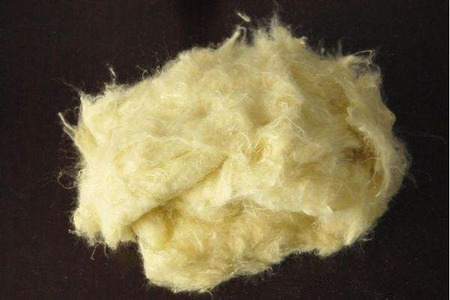
Cotton production expected to rise on improved acreage, higher MSP in India
YarnsandFibers News Bureau 2014-01-18 11:00:00 – MumbaiIndia having good monsoon this year, marginal improvement in acreage as well as the yield, coupled with an announced hike in the Minimum Support Purchase Price (MSP), research firm CARE Research expects to see improvement in the India's cotton production.
A good monsoon accelerates sowing which is conducive for the overall increase in cotton production as majority of India's cotton area is rain-fed, the report said.
The country's cotton production is expected to be around 378.75 lakh bales, while consumption is likely to be around 300 lakh bales this year.
The introduction of BT cotton seeds has also played a catalytic role in enhancing cotton production in India over the past few years. The MSP for cotton has increased which in turn has encouraged farmers to plant more cotton. Over the years the MSP policies have promoted cotton planting, it said.
For the past several years, 100 per cent cotton yarn has alone accounted for approximately 55 per cent of the total yarn production in India. The remaining 45 per cent is attributed by blended yarn, filament yarn and 100 per cent non-cotton yarn. Approximately 65-70 per cent of the yarn produced in India is cotton-based, either partially or completely, the report said.
According to the report, cotton yarn exports from India grew from 615 million kg in 2006-07 to 1,107 million kg in 2012-13.
Yarn is mainly imported by the countries which are involved in making the finished product like fabric. The key export destinations for India include China, Bangladesh, Hong Kong, Peru, Korea, Turkey and Europe.
The report said that the growth in India's yarn exports can be attributed to China's concentration on production of high value-added products which gave a boost to the cotton yarn shipments to China.
India's cotton yarn exports to China accounts for 30 per cent, while Bangladesh 16 per cent.
China imports a substantial amount of cotton yarn from India, as the cost of production in that country is higher, owing to high cotton prices.
The depreciation in the rupee against the dollar has also helped exports. However withdrawal of focus market scheme (FMS) and incremental export incentivisation scheme which was primarily focused to regions like Latin America and Africa will moderate the yarn exports to certain extent as such yarn would not be competitive when compared to Bangladesh or Pakistan for these destinations.
CARE Research estimates that the direct yarn exports are likely to touch 1,500 million kgs by FY14 from current 1,107 million kgs in FY13.
The cotton textile sector plays a significant role in the country's economy, contributing approximately 4 per cent to the GDP and 17 per cent to the total exports.
Market Intelligence
Ask for free sample Report

experience
Customer Base
dedicated team
Countries Served Worldwide









